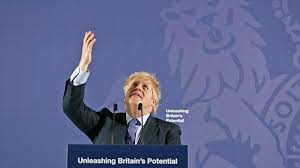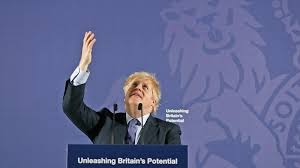Note: Improving PFM digital transparency in African finance ministries

by John Leonardo
Introduction
This note provides an introduction to our “Improving PFM digital transparency in African finance ministries” presentation which is also available as a video. Transparency of public finances is a key element of a public financial management (PFM) system enabling public scrutiny of government actions and intentions. Transparency of public finances is achieved by providing information on PFM which is comprehensive, consistent, and accessible to users.
Ministries of Finance (MoFs) play a leading role in promoting transparency of public finances. The World Bank’s September 2020 report “Enhancing Government Effectiveness and Transparency – The Fight Against Corruption” has highlighted the importance of ensuring greater transparency in government operations.
Transparency is an important factor in African public financial management (PFM) in view of historically relatively weak PFM in many African countries, including transparency activities, and relatively poor recent progress in curbing corruption.
PFM digital transparency
In a PFM context, digital transparency can be defined as the process of providing PFM related information using digital platforms such as websites and social media; for example, Facebook, Twitter and YouTube. PFM digital transparency should be an important part of African MoFs’ digital government strategies.
Currently African MoFs employ PFM digital transparency practices using a range of platforms such as websites and social media (Facebook, Twitter, WhatsApp, YouTube, LinkedIn). They publish a range of PFM and related material on the latter platforms.
Current PFM digital transparency trends analysis
We have examined MoF website, Facebook and Twitter use to obtain an understanding of Africa MoFs’ current use of digital platforms.
The following statistics are presented and reviewed in the presentation:
- Country internet usage
- MoF website visits during May/July 2020 and projected annualised visits for 2020
- Domestic and non-resident visits to MoF websites
- Country Facebook usage
- MoF Facebook page follower numbers
- Country Twitter usage
- MoF Twitter follower numbers
We have also examined penetration levels for MoF website users, Facebook and Twitter followers to demonstrate the level of usage of these digital platforms. In addition, we have identified correlations that may exist between digital platform use and leading economic and governance indicators including those relating to e-government.
Some key findings
Some of our key findings from our analysis are as follows:
- Six of the twenty-five MoFs with Facebook pages had higher Facebook follower numbers than estimated 2020 MoF visits to the respective websites demonstrating the role that MoF Facebook pages can play in boosting PFM transparency
- MoF social media content approaches differ quite markedly with MoFs generally publishing a wider range of material on their Facebook pages compared with the material included in tweets on Twitter.
- African MoF social media activity is helping to raise awareness about African MoFs’ PFM activities. Some African MoFs have generated considerable interest in their activities using social media.
- The proportion of non-domestic visitors to MoF websites varies considerably demonstrating how digital structures enable reach to the diaspora and other international stakeholders
- Use of digital communication mechanisms to strengthen African MoFs’ operational capacity and support PFM reform plans have to date been limited prior to the onset of COVID-19
- African MOFs overall progress to date in the use of digital platforms to promote transparency has been relatively modest
Recommendations
We recommend African MoFs should take advantage of the opportunities provided by digital platforms to improve their PFM digital transparency by:
- Addressing identified PEFA transparency gaps which will result in more PFM material being published
- Establishing Facebook pages if these are not already in place
- Posting a variety of PFM related information on Facebook pages to increase community interaction and promote transparency
- Preparing PFM digital transparency action plans to improve PFM digital transparency performance and support PFM reform activities.
We have also outlined the nature of the tasks that should be included in PFM digital transparency action plans.
Regional analyses of trends in key PFM digital transparency indicators for all 45 African finance ministries are available for:

